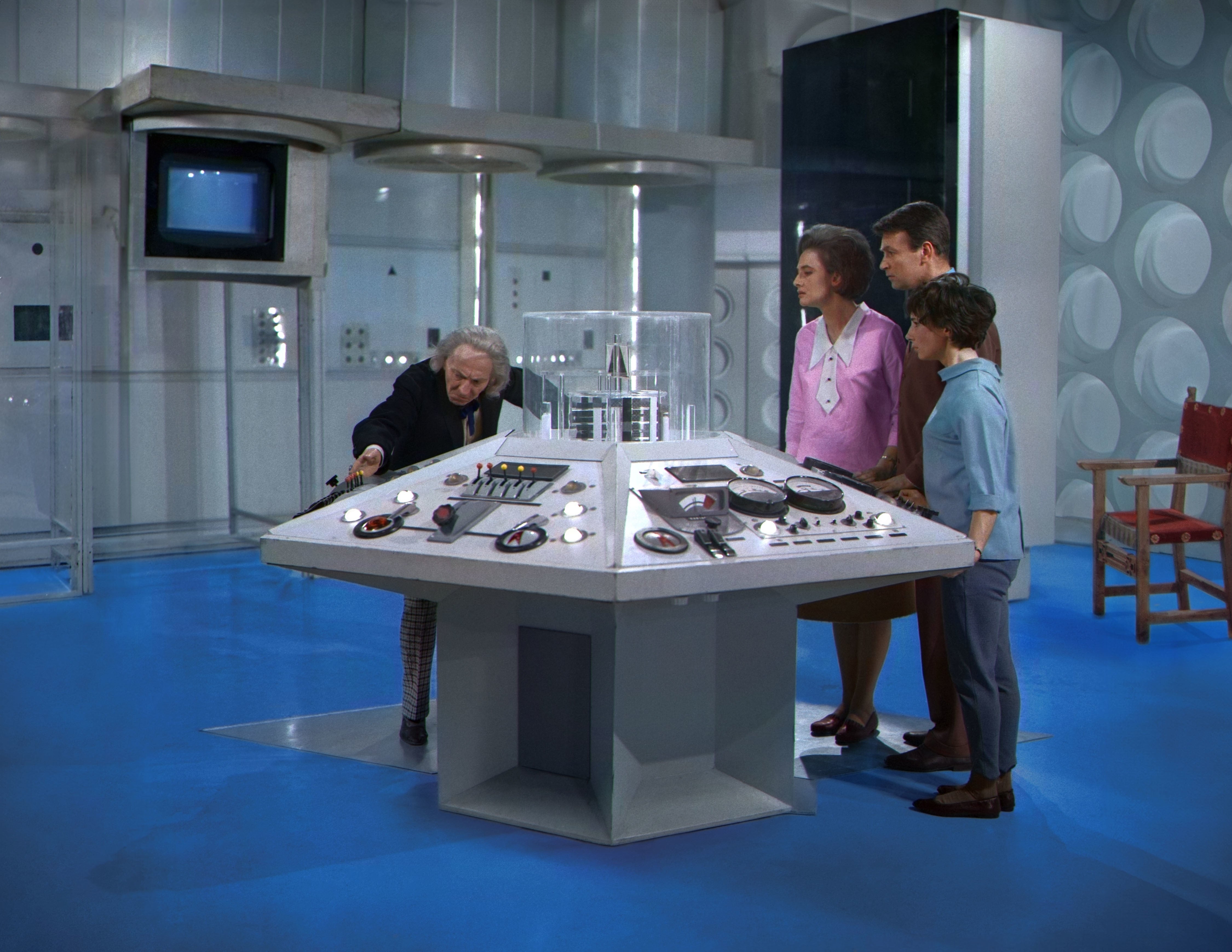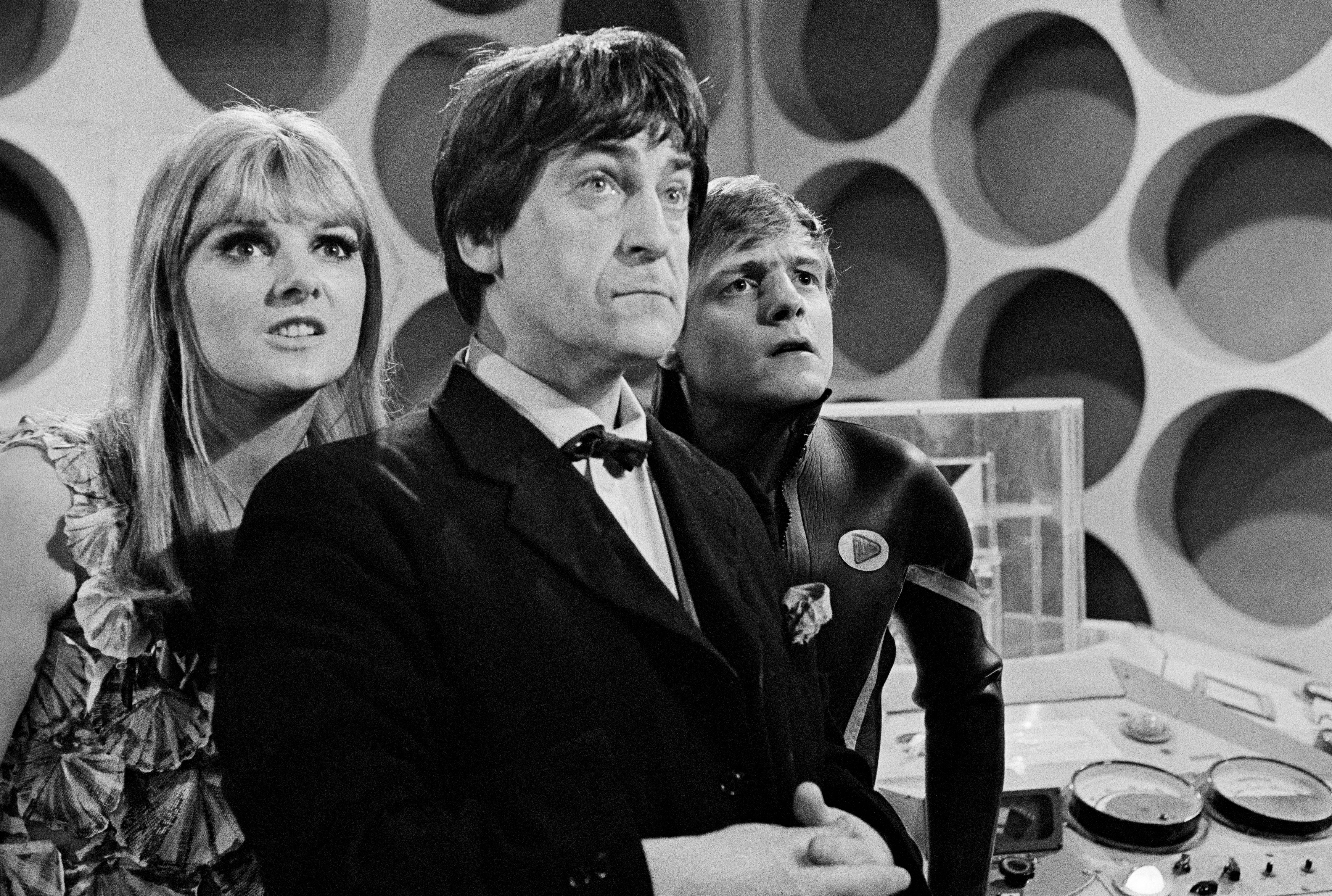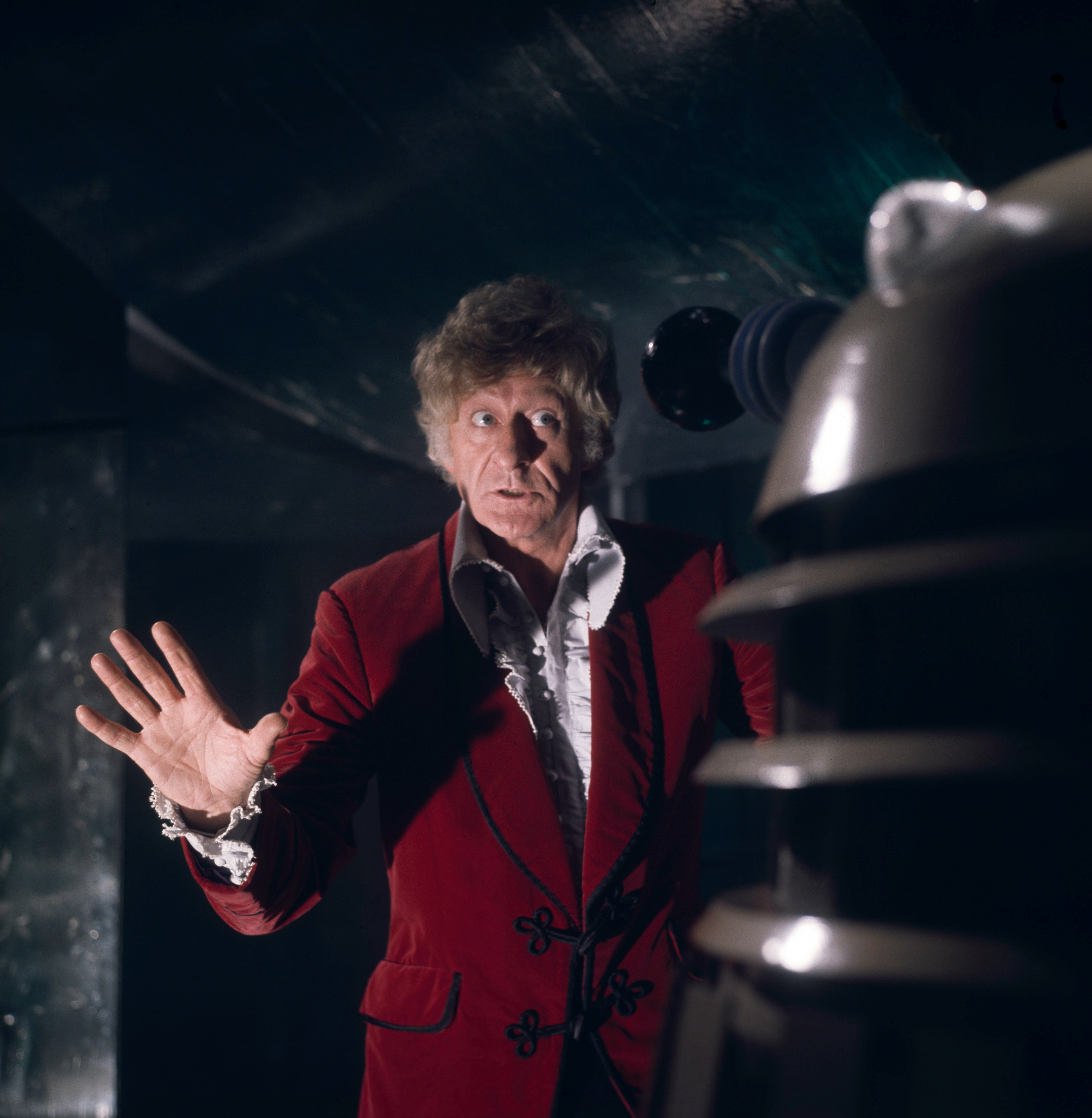Doctor Who has 97 ‘missing episodes’. How did they get lost, and where are they hiding?
As the long-running sci-fi series celebrates 60 years on the BBC, Isobel Lewis explores the quest to locate the 97 ‘missing’ episodes seemingly lost to the past


Your support helps us to tell the story
From reproductive rights to climate change to Big Tech, The Independent is on the ground when the story is developing. Whether it's investigating the financials of Elon Musk's pro-Trump PAC or producing our latest documentary, 'The A Word', which shines a light on the American women fighting for reproductive rights, we know how important it is to parse out the facts from the messaging.
At such a critical moment in US history, we need reporters on the ground. Your donation allows us to keep sending journalists to speak to both sides of the story.
The Independent is trusted by Americans across the entire political spectrum. And unlike many other quality news outlets, we choose not to lock Americans out of our reporting and analysis with paywalls. We believe quality journalism should be available to everyone, paid for by those who can afford it.
Your support makes all the difference.What would you do if you had your own Tardis, a police box that could transport you through time and space? For Doctor Who’s loyal viewers, many would go back to the show’s launch 60 years ago and have a word with the BBC about the importance of archiving its footage. As the world’s longest running sci-fi series celebrates its big birthday this month, with three special episodes soon arriving to mark the occasion, fans are thinking about the Doctor Who episodes of yore – what’s watchable, and what’s not.
Ahead of the show’s long-awaited return, which will see David Tennant back as the Time Lord before Ncuti Gatwa stars in his first full episode at Christmas, BBC iPlayer has been given a Who-themed makeover. A separate section called The Whoniverse has opened up, containing over 800 episodes of the show. These range back from William Hartnell, the First Doctor to appear in the show back in the Sixties, through Christopher Eccleston and “new Who” (the name given to the post-2005 reboot years). It’s a treasure trove of monsters and mysteries, easily accessible in one place for the first time.
But despite the size of the collection, it remains incomplete. At the time of writing, 97 much-mythologised episodes of Doctor Who are “missing”, inaccessible to the BBC. Most exist in audio form, some of which have been subsequently animated, but the footage is lost. Still, it’s believed many of these stories are out there somewhere. While the odd episodes are being deliberately withheld – such as the first ever Hartnell story “An Unearthly Child”, which exists on BritBox but not the BBC – this is a rarity. For the most part, it’s a lack of knowledge that keeps the episodes out of reach.
Since he was 18 years old, director Paul Vanezis has been fascinated by Doctor Who’s missing episodes. When he first became involved in the quest to track them down in the early Eighties, there were 137 episodes missing, compared to 97 now. To the casual viewer, 40 episodes in nearly as many years may seem like slow progress. But Vanezis, who played a role in finding all 40 episodes alongside many other BBC shows, insists it’s impressive. It’s a laborious task, but it can be done.
In recent months, the removal of cancelled series from streaming services such as Disney+ and Netflix has reminded fans of the importance of physical media. In a pre-digital age, this was less clear. But back in the day, keeping shows wasn’t a priority, especially for the BBC, who have long faced pressure due to the licence fee to focus on the new, not the old. In the Sixties, 253 episodes of Doctor Who were filmed in black and white, the show on air 48 weeks out of every year. During that time, only eight of 253 episodes were ever repeated, and it wasn’t until the Eighties when black and white episodes were shown again, Vanezis tells me.
By 1970, Doctor Who had aired its first colour episode. The cost of the show subsequently increased, reducing output to 26 episodes a year, yet it would be another eight years until the BBC began archiving its shows. For those first 15 years of Doctor Who, keeping old episodes simply wasn’t a priority. The video tape Hartnell and Patrick Troughton’s First and Second Doctors was recorded on was costly and therefore reused, but little colour film remained either.

But over the years, slowly but surely, the BBC has begun rebuilding its collection, in addition to colourising black and white episodes. Vanezis – who has helped restore various shows for the BBC’s archive – says “it’s only because of restoration work and [the] restoration techniques that we’ve developed that we’ve now got pretty much almost bar one episode, a full set of episodes of [Third Doctor] Jon Pertwee Doctor Who episodes”. The episodes still to be located, he explains, will largely be in two types of place: with private collectors or overseas channels, after 16mm film copies were sold to broadcasters in countries such as Australia, Singapore, and Hong Kong. It was the latter that got him involved in the project. With an interest in both Doctor Who and archive television more generally, he quizzed his relatives from Cyprus about whether the series was ever shown over there. Turns out, it was.
He recalls: “I wrote to the Cyprus Broadcasting Corporation… and they wrote back and said, ‘Yeah, we screened them in 1966, and we’ve got 13 episodes still here.’ They sent me a list of what they were and I checked the codes and of the 13 that they said they had, three were lost programmes.” But while Vanezis was the first to track these episodes down, the BBC were hot on his tail, and later obtained the episodes themselves after sending telex messages across the world on their search. Other episodes came in soon from Mexico, although they were ones the BBC already had. Even in the 21st century, episodes pop up across the globe; in 2013, nine Troughton episodes were located at a TV station in Nigeria.

TV stations, Vanezis says, just don’t know what they have. Often it takes a prompt, much as it does with private collectors. People with large film collections often build them based on other interest areas, such as trains, and are looking for well-known films rather than smaller TV shows. “There are certainly collectors out there that have Doctor Who episodes, no question about that,” he says. “The truth is that they don’t really know what they’ve got.”

Watch Apple TV+ free for 7 days
New subscribers only. £8.99/mo. after free trial. Plan auto-renews until cancelled

Watch Apple TV+ free for 7 days
New subscribers only. £8.99/mo. after free trial. Plan auto-renews until cancelled
The conversation around the “missing episodes” has certainly sparked interest, but the prerogative still lies with the searchers to find them. Many of the country’s collectors started gathering film in their young(ish) days, and now have 10,000+ films in their collection, “a huge, huge amount of material out there”. Now they’re getting elderly and “fragile”, Vanezis says, “and the problem is that when a collector like that passes away, and hasn’t made adequate provision for what happens to their collection when they die, their families are left with this overwhelming legacy of films”.

This presents a number of concerns. Nitrate film is extremely dangerous to handle, but there’s also a general fear that film may “end up in a skip” if families don’t know what to do with it. Vanezis runs the Film is Fabulous initiative, a project dedicated to the preservation of film. It’s about “trying to reach out to film collectors to encourage them to catalogue their collections”, he says. Missing episodes will show up in the process, but it’s not the aim. “It’s not a treasure hunt. That’s the thing. We’re not trying to simply find lost film and television, that’s just a byproduct of the process. What we’re really trying to do is to stop film being thrown away.”
The process may be lengthy – the last 11 episodes to be discovered came in two batches since 2011 – but there’s hope that collectors, who have unknowingly acquired lost episodes of Doctor Who over the decades away, are close to discovering the TV history they’re sitting on. “I imagine there will be a moment probably in the next year or so, where a film collector that we speak to goes through some cans while we’re on the phone to him, mentions a title that’s written on the side of a can, will turn it over and says, ‘Oh, looks like it might be something something to do with Doctor Who’ and it might be a missing show,” Vanezis tells me. Across the world, fans wait with baited breath.
Doctor Who: The Whoniverse is on BBC iPlayer.
Join our commenting forum
Join thought-provoking conversations, follow other Independent readers and see their replies
Comments